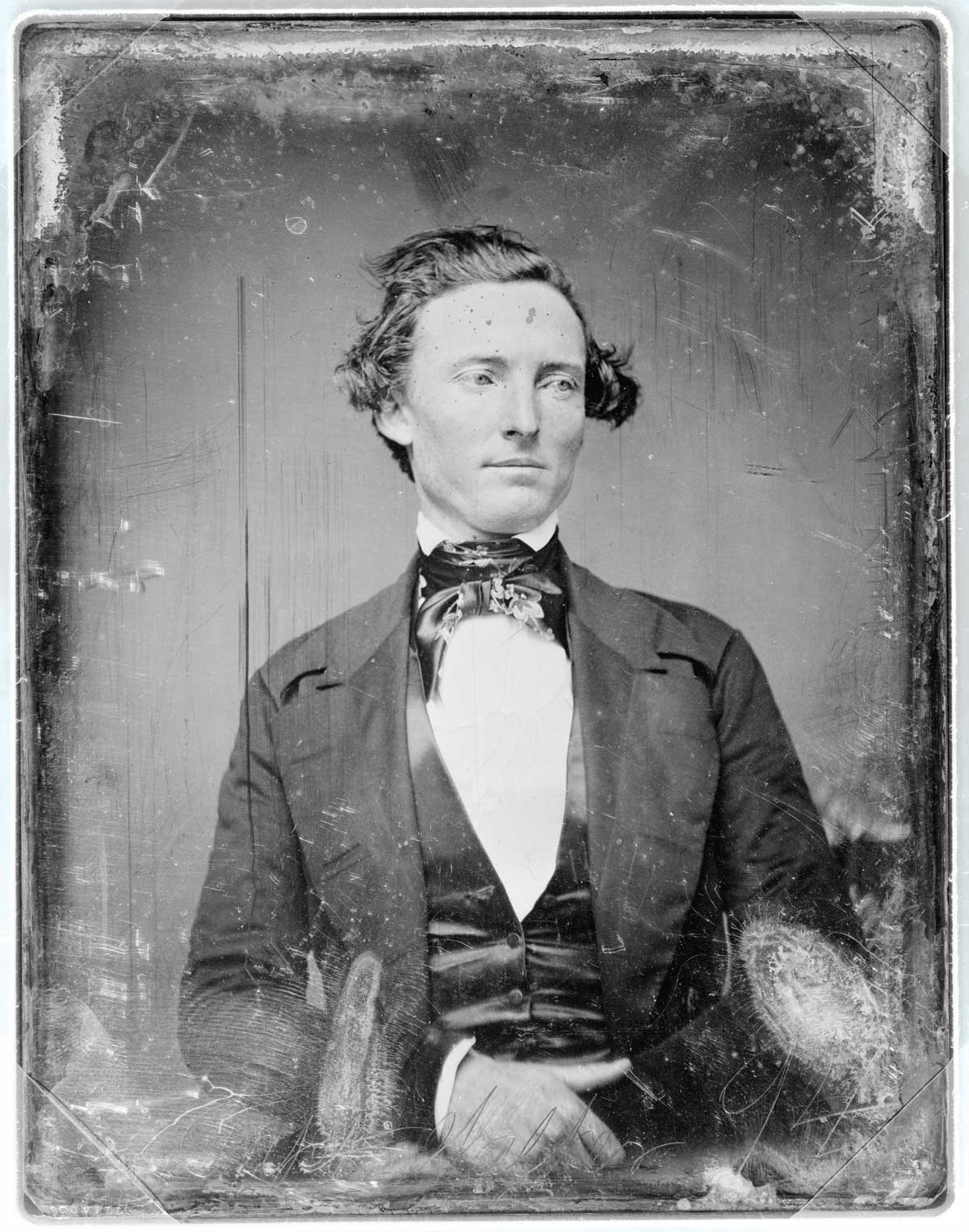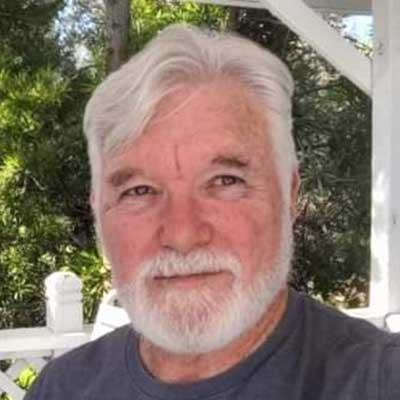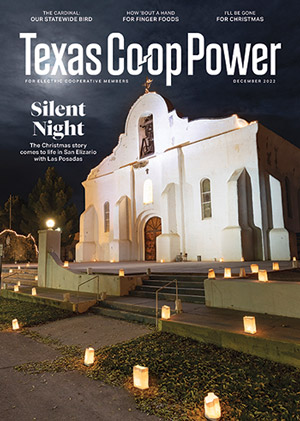Samuel Walker arrived in Texas six years after the republic won its independence. In five more years, he would be dead. But in those five years, he would defend San Antonio from Mexican forces, invade Mexico four times, escape from a Mexican prison and help design one of the most famous guns in history.
One hundred and seventy-five years later, he’s also remembered as one of the most fascinating Texas Rangers of all time.
Before he was a Ranger, Walker was part of the ill-fated Mier expedition, during which 176 Texian militiamen were captured by Mexico in 1843. Gen. Antonio López de Santa Anna ordered them all shot, but cooler heads in the Mexican government prevailed, demanding one in every 10 killed instead. The Texans drew beans from a pot. Those who got one of the 17 black beans would be executed; those who drew white beans would live. Walker got a white bean.
Listen as W.F. Strong Narrates This Story
Visit Texas Standard for more W.F. Strong stories (most of which are true).
The survivors were marched 800 miles across Mexico’s brutal deserts. Once in Mexico City, Walker and some other captives were imprisoned; others were marched another 100 miles and incarcerated in the infamous Perote Prison.
There is a much-shared myth that while he was incarcerated, Walker was ordered to dig a hole for a flagpole and raise the Mexican flag. According to one version of the legend, he put a dime at the bottom of the hole and vowed to return one day, reclaim the coin and raise the Texas flag. Several years later, the story goes, he retrieved his dime when he returned with American forces.
It’s a good story but probably not true. Walker never mentioned it in his journals, and the flagpole in the various versions of the myth is always in Perote Prison. Walker was never held there.
Walker eventually escaped—a story that would make a good novel in itself—and made it back to Texas. He joined up with Jack Hays and the Texas Rangers in 1844.
When Gen. Zachary Taylor sent out a call in 1845 for volunteers to scout for his federal troops, Walker immediately signed up. He ran messages through the Mexican lines to keep Fort Texas (soon to be Fort Brown) aware of Taylor’s plans, and Walker led the charge in the battle for Monterrey.
It was after Taylor’s forces had secured Monterrey, in 1846, that Walker took a brief furlough and traveled east. There he gave Samuel Colt some ideas for improving an earlier model of Colt’s revolver. Colt, in gratitude, named a special, very heavy model—more than 4½ pounds—of his new six-shooter after the Ranger.
Walker next joined up with Gen. Winfield Scott’s campaign to attack Mexico City, sacking Perote Prison on the way. But Walker would not live to make it back to Texas. He died fighting in the town of Huamantla in 1847.
Walker’s body was eventually returned to San Antonio, interred in the Odd Fellows Cemetery, next to the unidentified remains of defenders of the Alamo.



